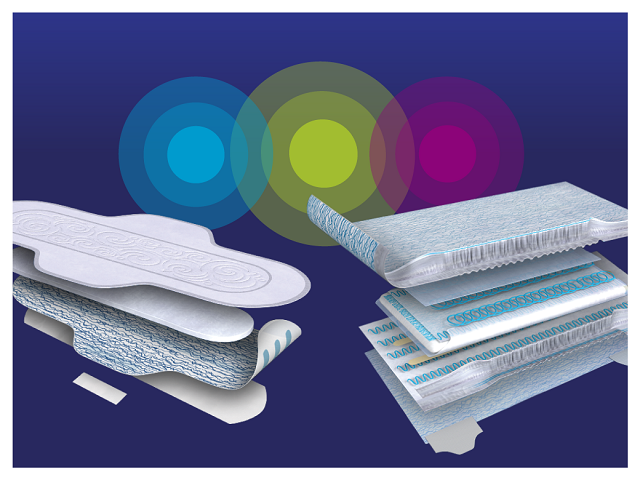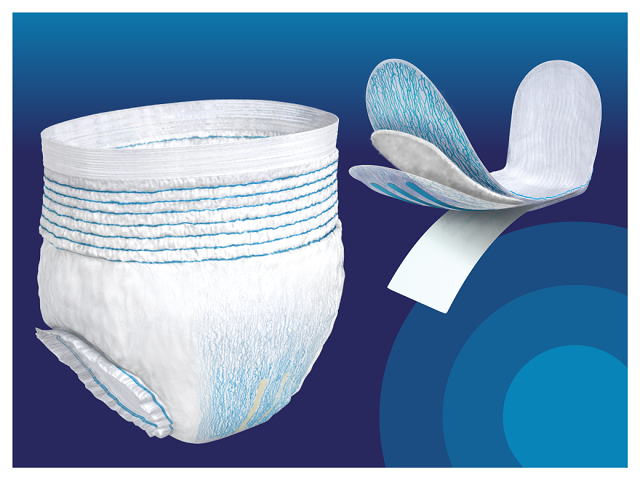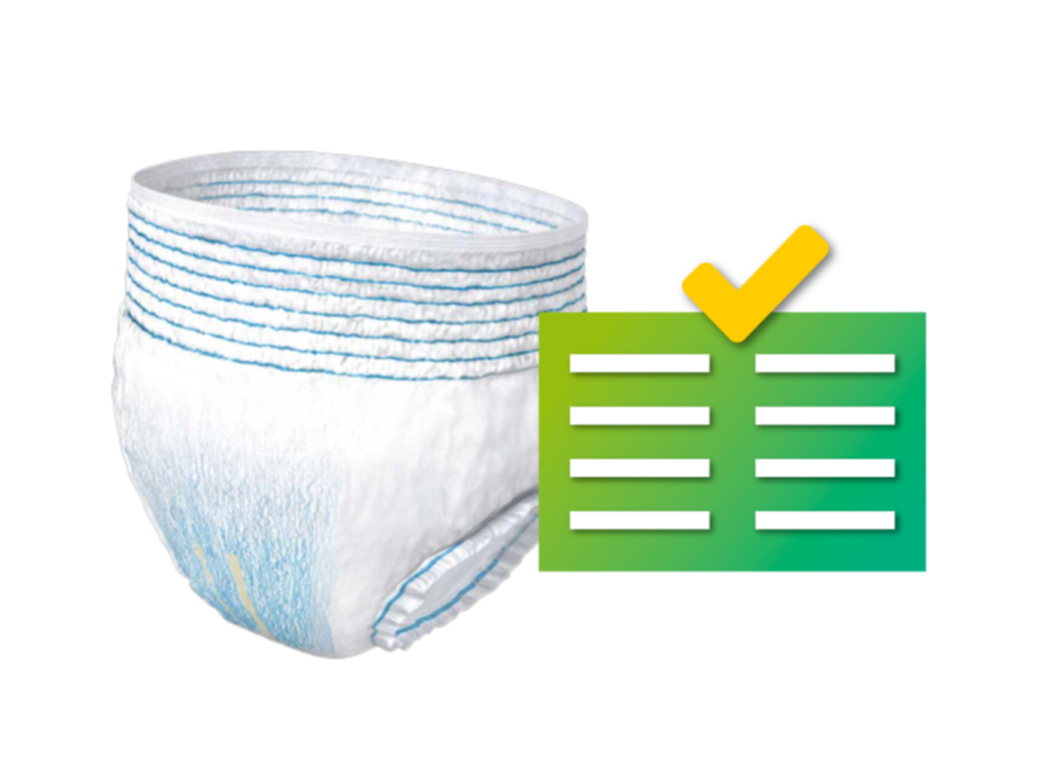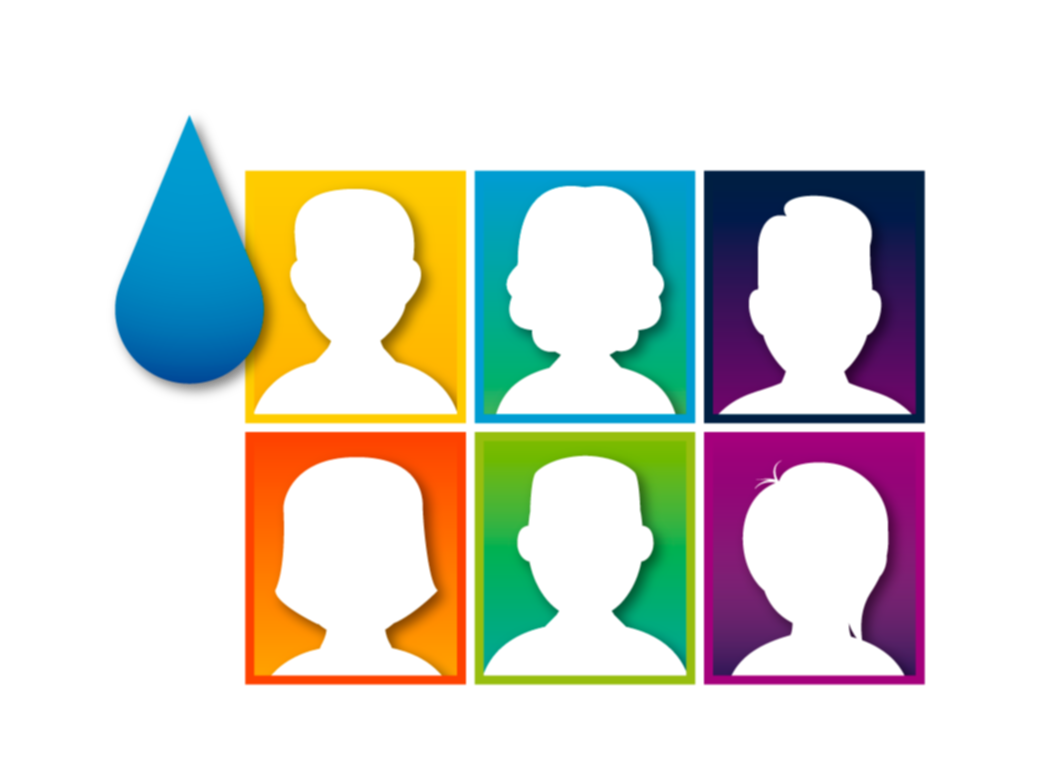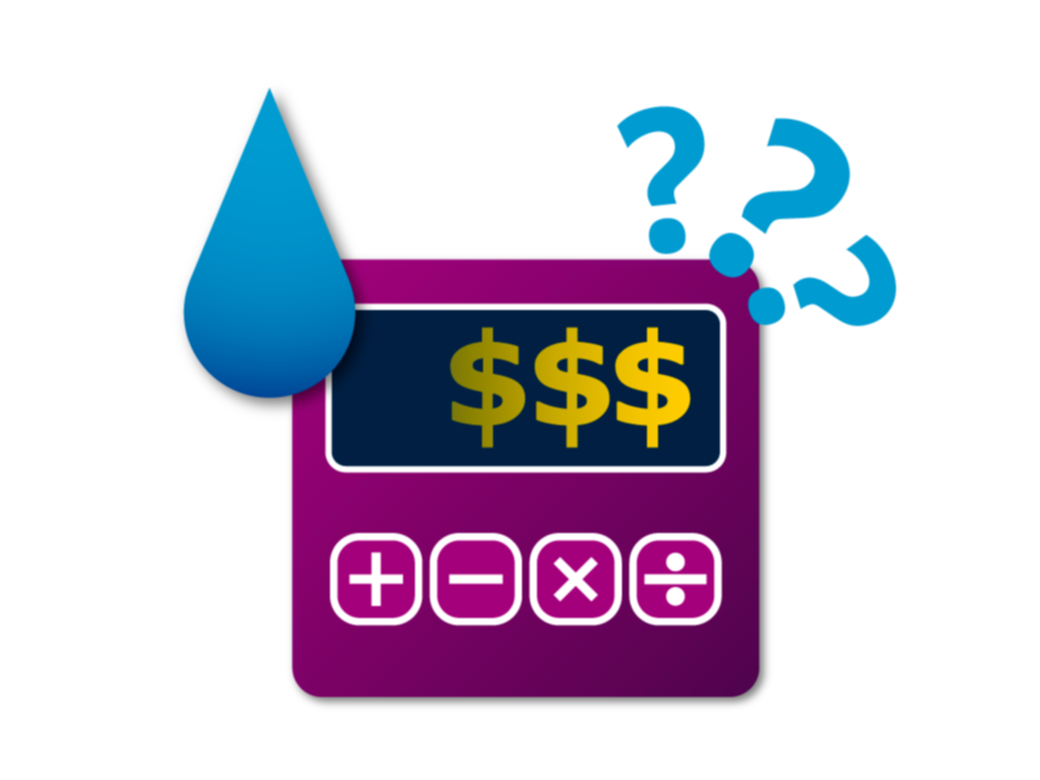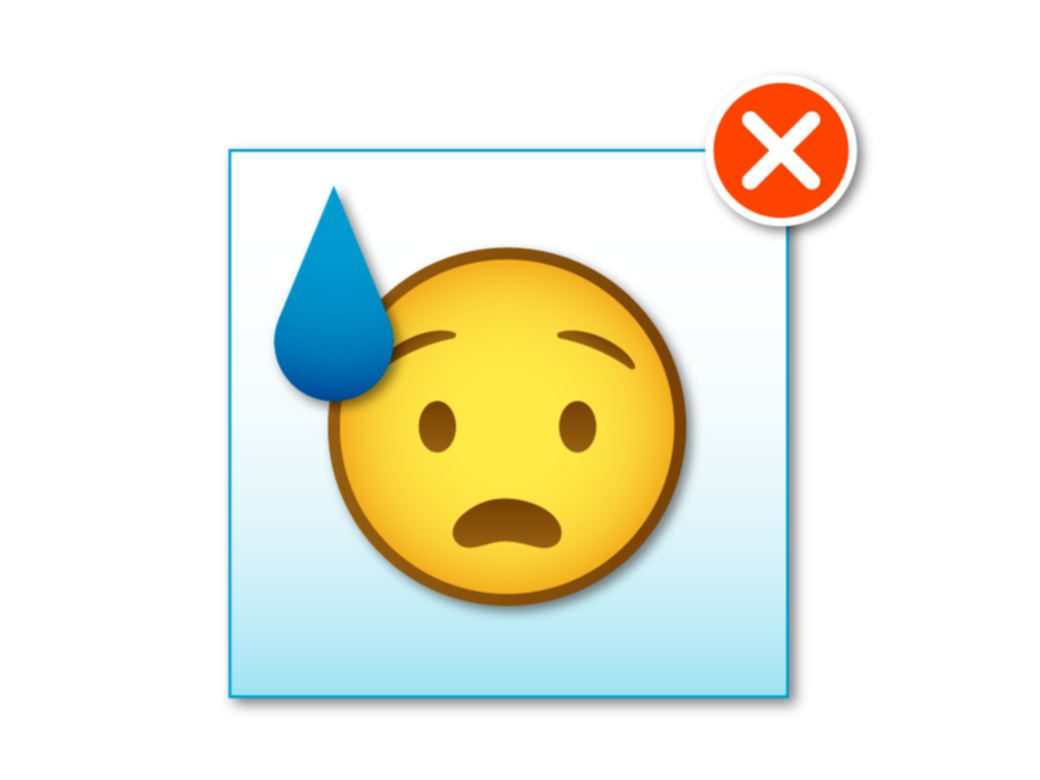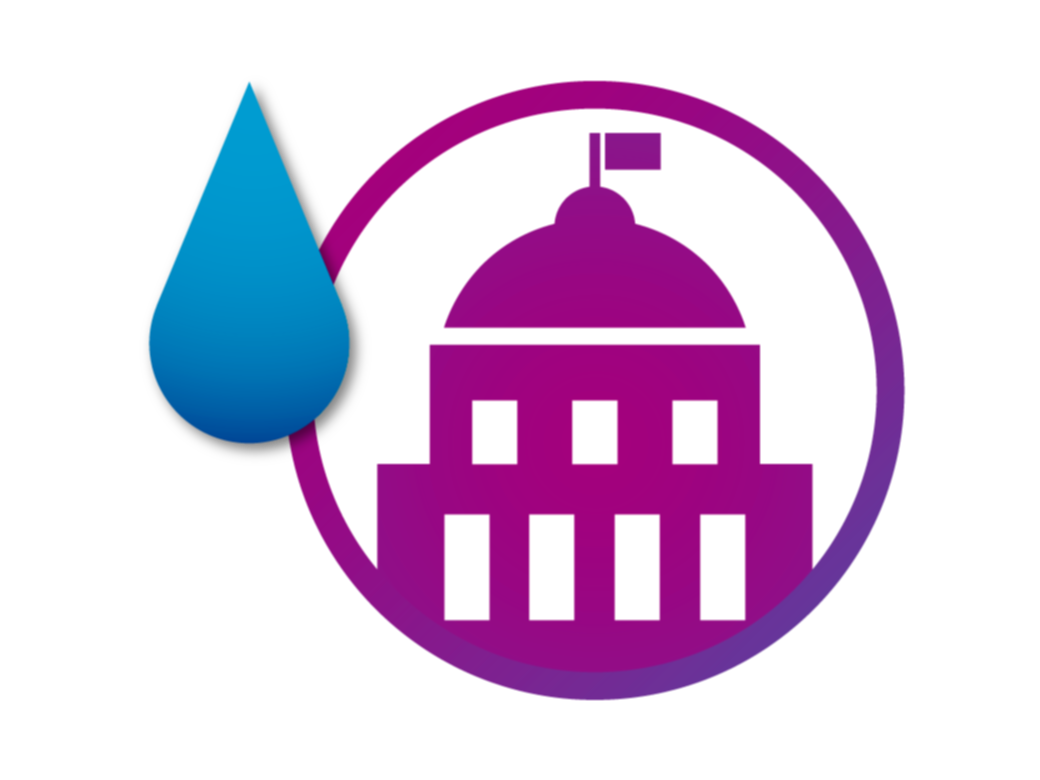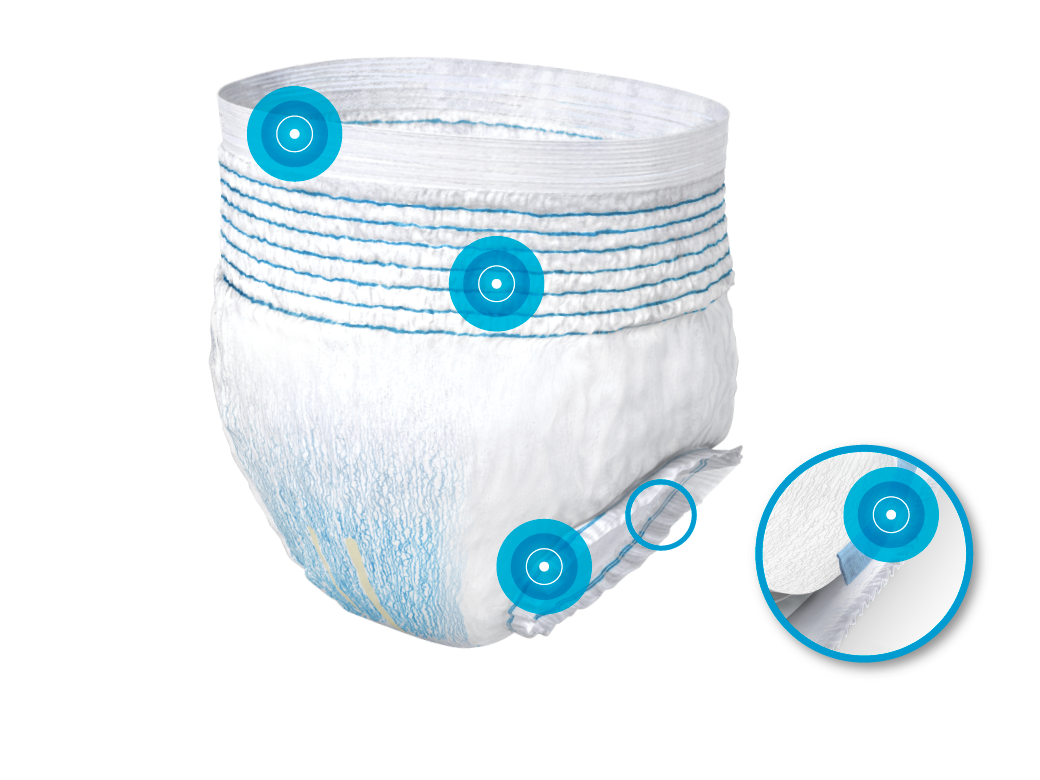Making Sense of the Cost of Adult Incontinence Products
For many people, the birth of a baby brings their first experience with disposable diapers. From infant growth and development data, parents can roughly estimate and budget for diaper expenses until the child is toilet trained in ~2 years. Once that exciting milestone is reached, the days of buying diapers is behind them …
That is until they are faced with buying adult diapers or other adult incontinence products for themselves or a loved one.
Calculating costs is complicated
Adult incontinence is on the rise worldwide, with some regions growing more rapidly than others. A variety of costs come with this growth, many of which are difficult to anticipate or budget for:
- Direct costs: Medical expenses to diagnose incontinence, treatments (i.e., surgical procedures or prescriptions), and ongoing product purchase to help manage and conceal the condition.
- Indirect costs: Lost wages by patients and/or caregivers due to missed work , lost work productivity due to managing the condition (i.e., change soiled products), laundry costs for soiled clothing and bed linens, and medical expenses to care for other health issues that may result from skin irritation.
These costs are of great concern for older adults living on a fixed income. Depending on the region, there is often little to no government assistance or subsidies available. This means stretching their limited dollars even further to pay for products or pay for better, more discrete products than the government programs supply.
Finding affordable, high-quality adult incontinence products is also important for:
- Younger and middle-aged adults who wish to maintain their active, social lifestyles
- Family members who are caregivers responsible for purchasing products
At Bostik, we understand the feelings and financial stresses associated with incontinence. By working with disposable hygiene manufacturers, we are contributing to new designs and applications that may help incontinent adults select the right product(s) to meet their needs while also reducing cost.
Income impacts product purchases
Research from various international consultants shows that the income threshold at which the purchase of adult incontinence products is triggered is three times higher than that of baby diapers.
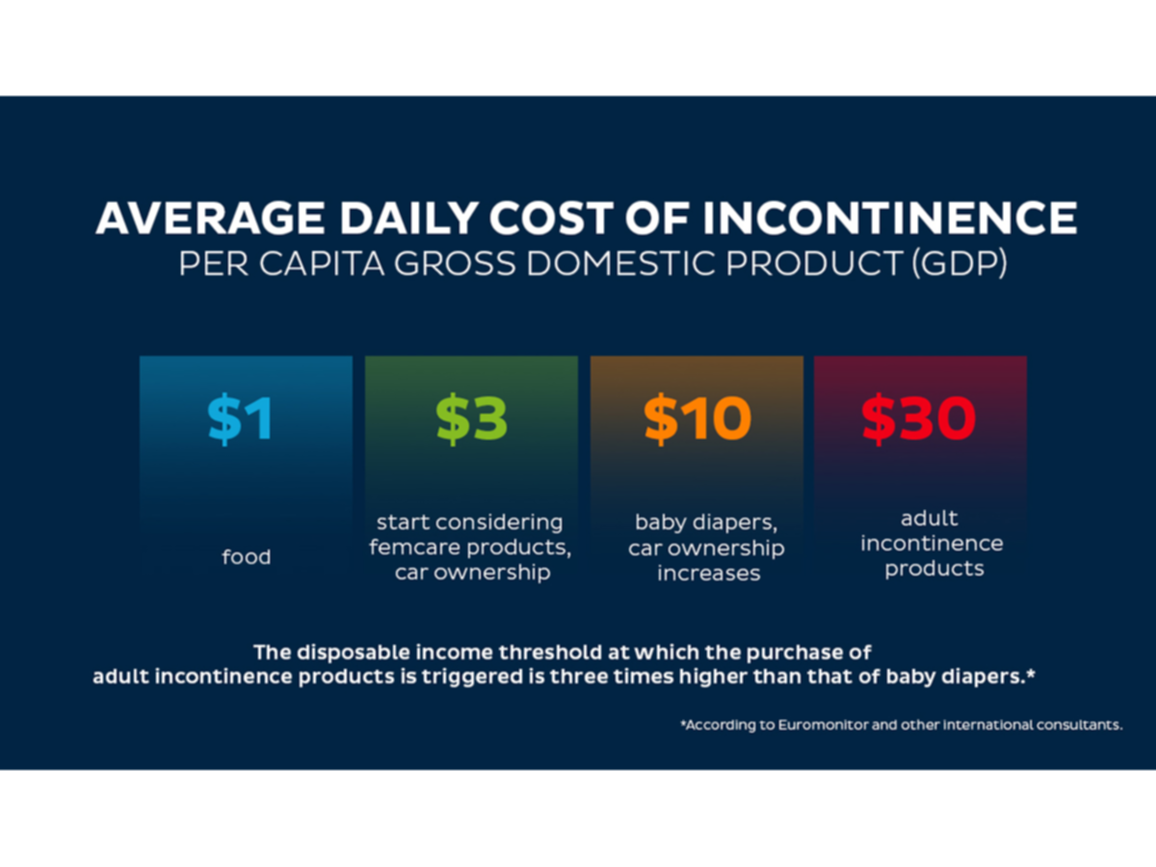
For populations in many emerging countries, disposable income is below that threshold. It may grow over time but will likely remain limited for the near future. Even in mature countries, an important fraction of people needing adult incontinence products is probably also below that threshold.
The individuals who are under disposable income restraints may personally decide not to change soiled products as often as recommended in order to cut costs. This management approach puts the incontinent adult at risk for other high-cost health concerns, such as sores.
The team at Bostik cares deeply for the physical, emotional and financial well-being of those living with incontinence. That’s why we encourage manufacturers to explore options that can contribute to the affordability of necessary products. By switching to smart adhesives, for example, manufacturers may be able to use less-costly substrates or remove the need for some substrates altogether. This can help with managing overall production costs, reducing waste and increasing line speed. These changes may ultimately decrease the cost for the adult incontinence product user.
